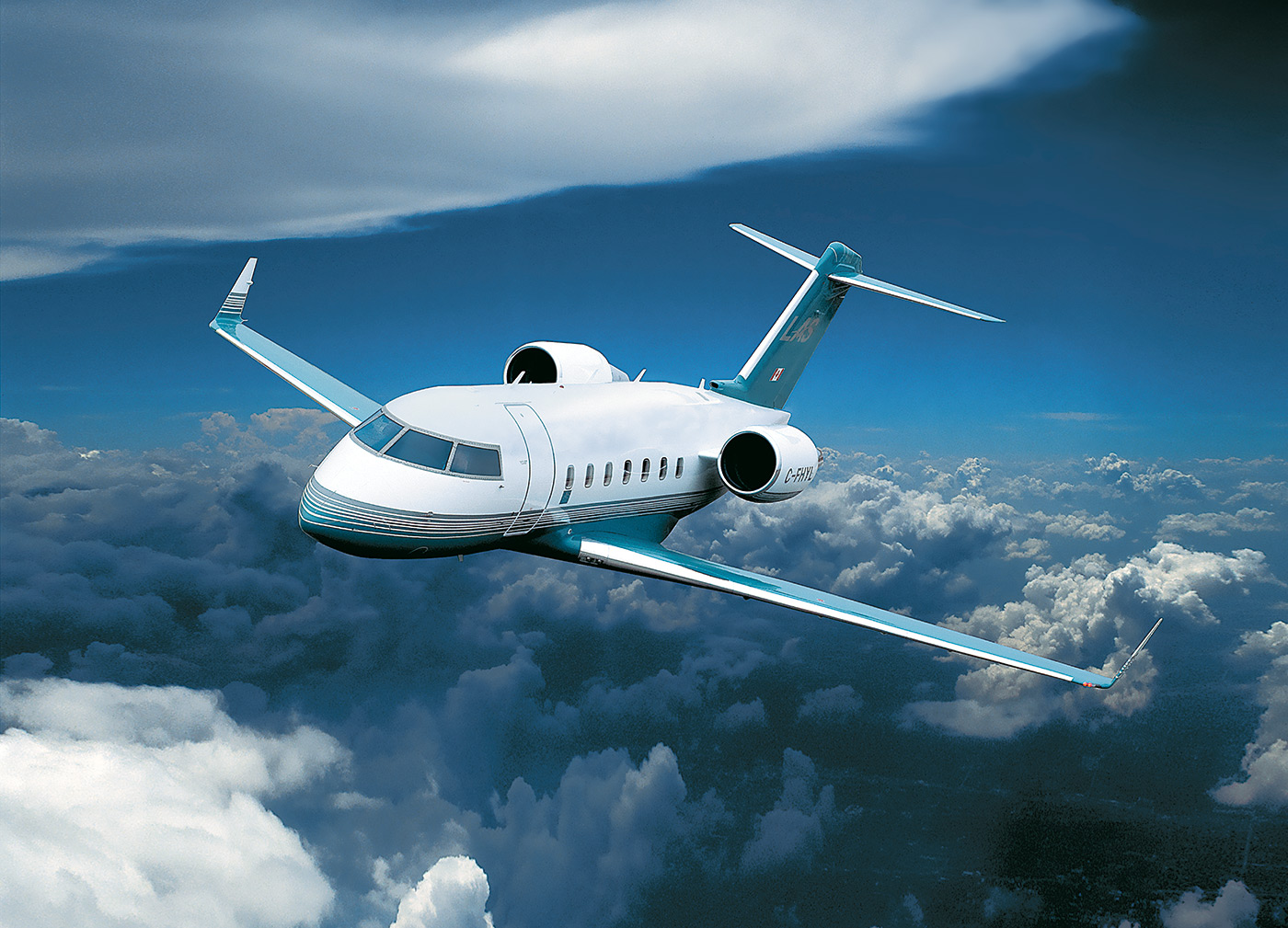In the world of medical emergencies, time is often the most critical factor in determining patient outcomes. When every second counts, conventional air travel options are insufficient. This is where private jet charters step in, offering unparalleled speed, flexibility, and comfort through Air Charter Flight Services in Manitoba. Among these, Medical Air Charter Flights are a specialized service that plays a vital role in ensuring patients receive the urgent care they need.
The Critical Nature of Time in Medical Emergencies
Medical emergencies can arise from a myriad of situations—severe injuries, sudden illnesses, or the need for immediate organ transplants. In these scenarios, the time taken to transport a patient to a facility equipped to handle their condition can make the difference between life and death. Traditional commercial flights are often riddled with delays, strict schedules, and multiple connections that can consume precious time. In contrast, private jet charters offer a direct, swift, and reliable solution.
The Role of Air Charter Flight Services
Air Charter Flight Services provide an essential lifeline during medical emergencies. These services are tailored to meet the specific needs of critically ill or injured patients, ensuring that they receive the best possible care en route to their destination. Private jet charters are equipped with advanced medical equipment and staffed by highly trained medical personnel, making them flying intensive care units capable of providing continuous medical support.
Advantages of Medical Air Charter Flights
Speed and Efficiency: One of the most significant advantages of Medical Air Charter Flights is their speed. Unlike commercial airlines, private charters can be ready for departure within hours of a request. They have the flexibility to use smaller airports closer to the patient’s location, reducing ground travel time and ensuring that the patient reaches the medical facility as quickly as possible.
Customized Medical Care: Each medical air charter is equipped according to the patient’s specific medical needs. The aircraft can be fitted with life-support systems, advanced monitoring equipment, and other critical care devices. Moreover, the onboard medical team includes specialists such as paramedics, nurses, and sometimes even physicians, who are trained to handle a wide range of medical emergencies.
Privacy and Comfort: Private jet charters offer a level of privacy and comfort that is unattainable on commercial flights. This environment can be crucial for the well-being of the patient, minimizing stress and allowing the medical team to focus entirely on providing care. Families and loved ones can also accompany the patient, providing emotional support during the journey.
Access to Remote Locations: Medical Air Charter Flights are not limited to major airports. They can access remote and rural locations where commercial airlines do not operate, ensuring that patients in underserved areas receive the urgent care they need.
Real-World Impact
The real-world impact of Medical Air Charter Flights is profound. Consider the case of a critically ill patient needing an immediate organ transplant. The speed and efficiency of a private jet can mean the difference between receiving the organ in time or not. Similarly, in the case of natural disasters or conflict zones, where medical facilities are overwhelmed or inaccessible, medical air charters can evacuate patients to safer areas where they can receive the necessary care.
Conclusion
In conclusion, the role of private jet charters in medical emergencies is indispensable. Air Charter Flight Services, particularly Medical Air Charter Flights, provide a lifeline that can save lives by ensuring timely, efficient, and specialized transport for critically ill or injured patients. As medical needs continue to evolve and the demand for rapid response increases, the importance of these services cannot be overstated. They are not just about flying patients from one location to another; they are about delivering hope, care, and life-saving interventions when time is of the essence.

